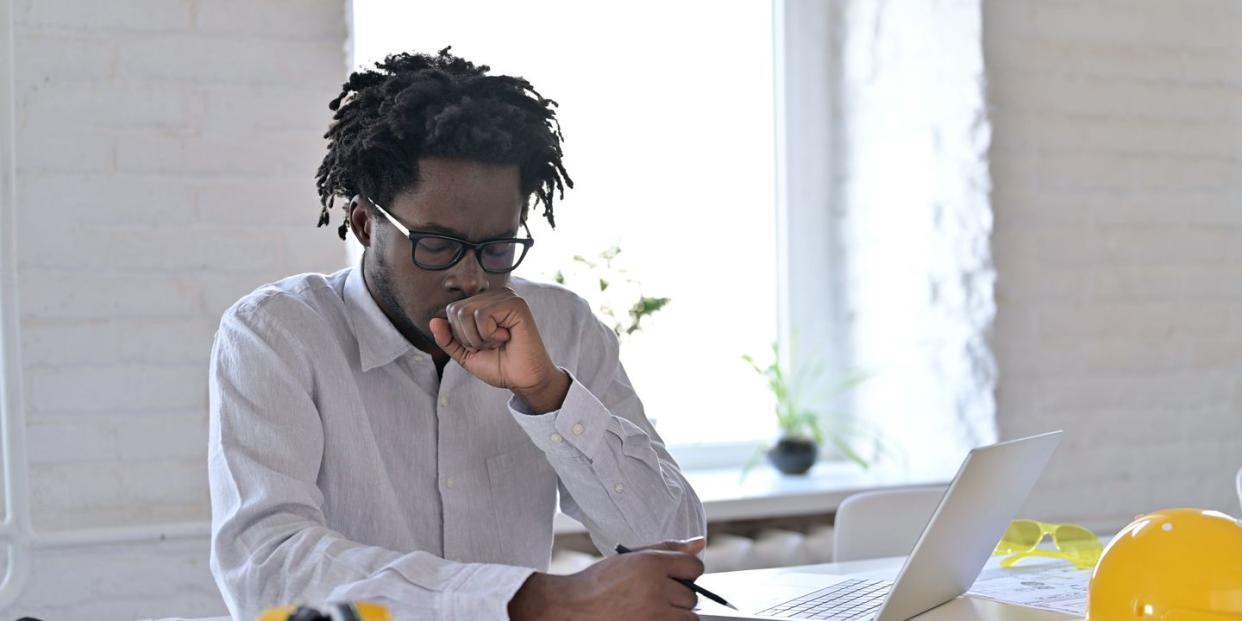Don't Ignore Signs of Cancer – Get Yourself Checked, New NHS England Boss Urges

Thousands of people are "risking their lives" by delaying seeking medical treatment for cancer symptoms, the new chief executive of NHS England has warned – with 17 per cent fewer people than normal starting cancer treatment in the country over the past year.
When detected at an early stage, cancer can often be treated easily. But the majority of Brits delay seeking help because they're reluctant to pile extra pressure on the country's overstretched GP surgeries and hospitals in the wake of COVID, an NHS poll revealed.
According to the survey, which spanned 2,000 adults, 60 per cent of people in England are concerned about burdening the NHS, with 49 per cent saying they would delay seeking medical advice longer than they would have done before the pandemic.
"People should not feel like they cannot trouble the NHS, which is open and ready to treat people," says Amanda Pritchard. "Cancer services are running at full speed with new, innovative ways of working in place – from mini cameras that patients can swallow to check for bowel cancer and COVID-friendly cancer drugs that patients can take at home." (continued below)
Worryingly, the survey also revealed that majority of Brits aren't clued up on the early symptoms. Nearly two in three people (63%) surveyed didn't know that abdominal discomfort lasting three weeks or more is a potential sign, and two in five didn't realise a persistent cough can signal lung cancer.
To arm the nation with this vital information, NHS England and Public Health England have launched the "help us, help you" campaign to highlight the early signs of lung cancer, abdominal cancers – such as throat, bowel and stomach cancers – and urological cancers, which affect the kidneys, prostate and bladder.
"It's incredibly important that people recognise the common symptoms that can signal a cancer diagnosis – and it's vital that they take action by making an appointment with their GP, so that they can get a test that could ultimately save their life," Pritchard added.
Experts have been warning of a looming cancer crisis as a direct result of the the suspension of screening, diagnosis and treatment services during the pandemic – with Dr Hans Kluge, European director of the World Health Organisation (WHO), describing the impact as "nothing short of catastrophic" back in June.
You Might Also Like


